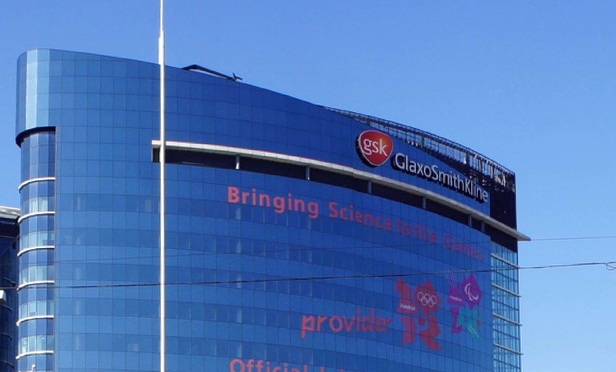The U.S. Court of Appeals for the Third Circuit has ruled that the U.S. Supreme Court’s 2013 ruling in FTC v. Actavis, which allowed antitrust suits over reverse cash payments by drug manufacturers to keep generic versions of their products off the market, also applies to noncash settlements of such disputes.
The Third Circuit reversed a ruling by U.S. District Judge William Walls of the District of New Jersey, who dismissed an antitrust class action against drugmakers GlaxoSmithKline and Teva Pharmaceuticals over their agreement to postpone a generic version of Lamictal, which is used to treat epilepsy and bipolar disorder. The appeals court, ruling in a suit on behalf of direct purchasers of the drug, said the holding in Actavis was not limited to reverse payments of cash. According to the court, a so-called “no-AG (authorized generic) agreement,” when it represents a large transfer of value from the patent holder to the generic company, may be subject to antitrust scrutiny.
This content has been archived. It is available through our partners, LexisNexis® and Bloomberg Law.
To view this content, please continue to their sites.
Not a Lexis Subscriber?
Subscribe Now
Not a Bloomberg Law Subscriber?
Subscribe Now
LexisNexis® and Bloomberg Law are third party online distributors of the broad collection of current and archived versions of ALM's legal news publications. LexisNexis® and Bloomberg Law customers are able to access and use ALM's content, including content from the National Law Journal, The American Lawyer, Legaltech News, The New York Law Journal, and Corporate Counsel, as well as other sources of legal information.
For questions call 1-877-256-2472 or contact us at [email protected]



